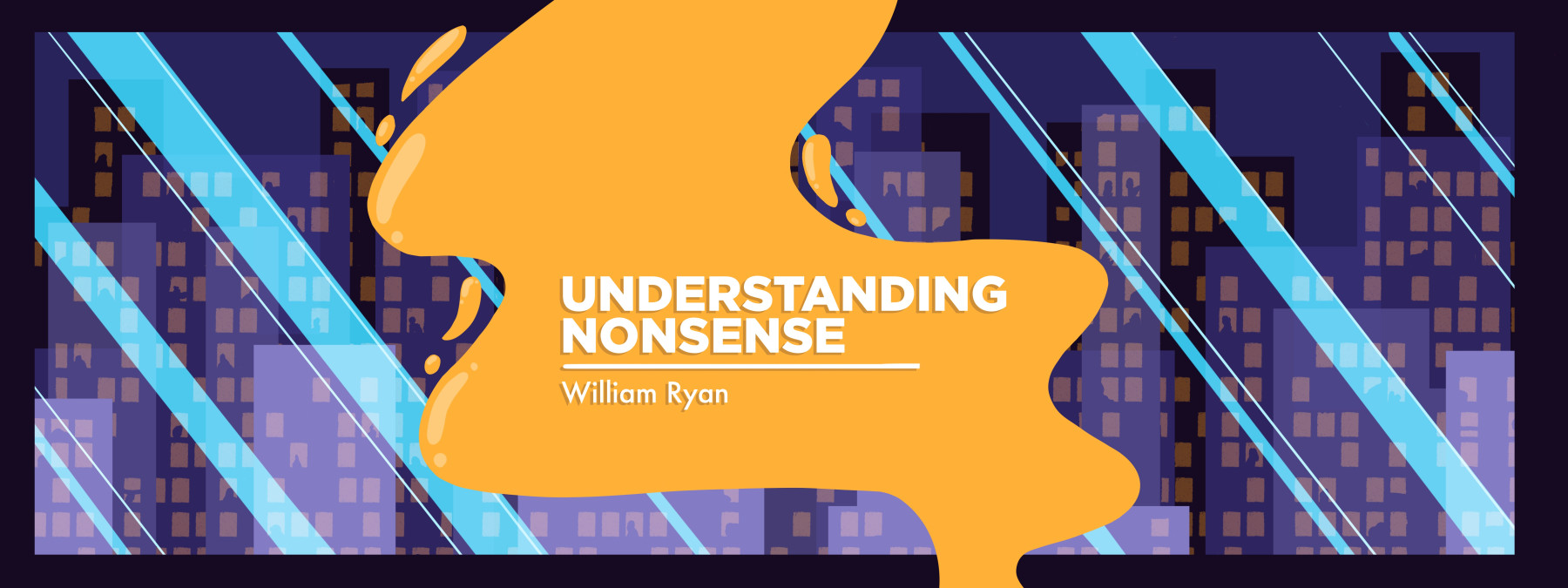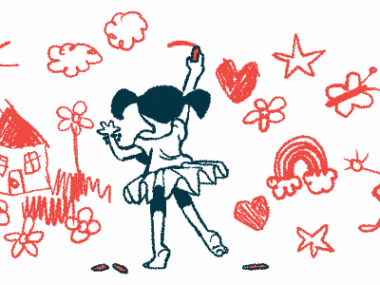What Is Survivor’s Guilt and How Do We Process It?
The death of a classmate prompts unfamiliar emotions for columnist William Ryan
Written by |

There is never an ideal way to encounter survivor’s guilt. It’ll be foisted upon you like a dumpster on your front porch. It’s unnecessary baggage that you didn’t know you’d have to carry, but now it’s here. I think it’s ultimately a selfish feeling, but sometimes we all have selfish feelings we can’t shake.
I was 18 when survivor’s guilt first appeared in my life, and it’ll probably never leave me for as long as I live. When it happened, I was sitting at my computer in the living room, listening to music and doing homework. I noticed something abnormal on my Facebook feed: News started trickling in that a classmate had been hospitalized after collapsing at a swim meet. Not long after that, I started seeing “RIP’” messages. My classmate died at the age of 18, during our senior year of high school. I went numb.
A lasting impact
As I wrote in last week’s column, I have difficulty expressing emotions, and there are a few things I want you, the reader, to understand. I went to an all-boys high school in Jersey City, New Jersey. A quick Google search will lead you to figuring out my alma mater. Our school, while not as large as a typical public high school in the city, was big for a private school. But my graduating class was the smallest one in years, thanks to our equivalent and collective reputation as the “Bad-Boy Detroit Pistons.”
This person and I had been distant friends. I was closer with some of his friends than I was with him, but we had gotten along well. We had classes together over the years and were on the school’s campus ministry team, the equivalent to a public school’s peer leadership group. At the time, the school had a senior retreat four times a year that groups of about 40 students could go on, and he and I went on the first one together that year. My dad was also his baseball coach during his sophomore and junior years.
Upon learning of his death, I was incredibly saddened, yet numb from crying. The next day at school, we had a prayer service for him, and I remember seeing his family, his girlfriend, and her family; in that moment, survivor’s guilt hit me.
All I could think about during the service, when his friends and uncle were speaking, is that he, of all people, didn’t deserve this. He was a truly kind person, one of the funniest I’d ever met. If anyone “deserved” not to be there, it was me. I’m the one who had the terminal illness. I’m the one who struggled to get along with people. He was planning to go to Virginia Tech and follow in his uncle’s footsteps as a sports broadcaster. I hadn’t even been accepted into college yet.
His funeral took place in our high school gym to accommodate everyone who attended. I remember his friends, some of whom I wasn’t close to, crying on my shoulder. I felt awful that I couldn’t let myself cry in public with them, and that I was alive and he was not. The rest of our senior year was dedicated to him, but every day felt like we were all just going through the motions. It felt surreal.
These feelings still come and go every year around January and February, on the anniversary of his death. When I was hospitalized due to sepsis a few years ago and nearly died, it wasn’t lost on me that I was in the hospital on his anniversary.
Last year, I was in the hospital for pneumonia and was being transferred to another hospital. It was a quiet trip at 3 a.m. Upon leaving, we passed a wall dedicated to organ donors, and right there was his photo. Through a CPAP ventilating machine, I told the nurse, “I knew him. He was one of the best people I knew.”
I’ll never be able to shake the guilt I feel about his death. Maybe it’s because of the trauma one faces when someone dies so young. Maybe it’s because I had two family members pass shortly after he did. What I do know is that you cope. You try to be like the person they would’ve been.
Note: Cystic Fibrosis News Today is strictly a news and information website about the disease. It does not provide medical advice, diagnosis, or treatment. This content is not intended to be a substitute for professional medical advice, diagnosis, or treatment. Always seek the advice of your physician or other qualified health provider with any questions you may have regarding a medical condition. Never disregard professional medical advice or delay in seeking it because of something you have read on this website. The opinions expressed in this column are not those of Cystic Fibrosis News Today or its parent company, Bionews, and are intended to spark discussion about issues pertaining to cystic fibrosis.








ANTHONY PALMIERO
Great job Will. Love you
Helen Palmiero
Oh Will, your last two articles - "I'm Determined to Meet the Challenges..." and "...Survivor's Guilt... were so thought-provoking! They brought back memories I forgot I had! Keep up the excellent work!